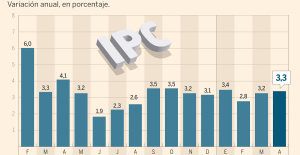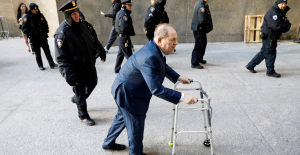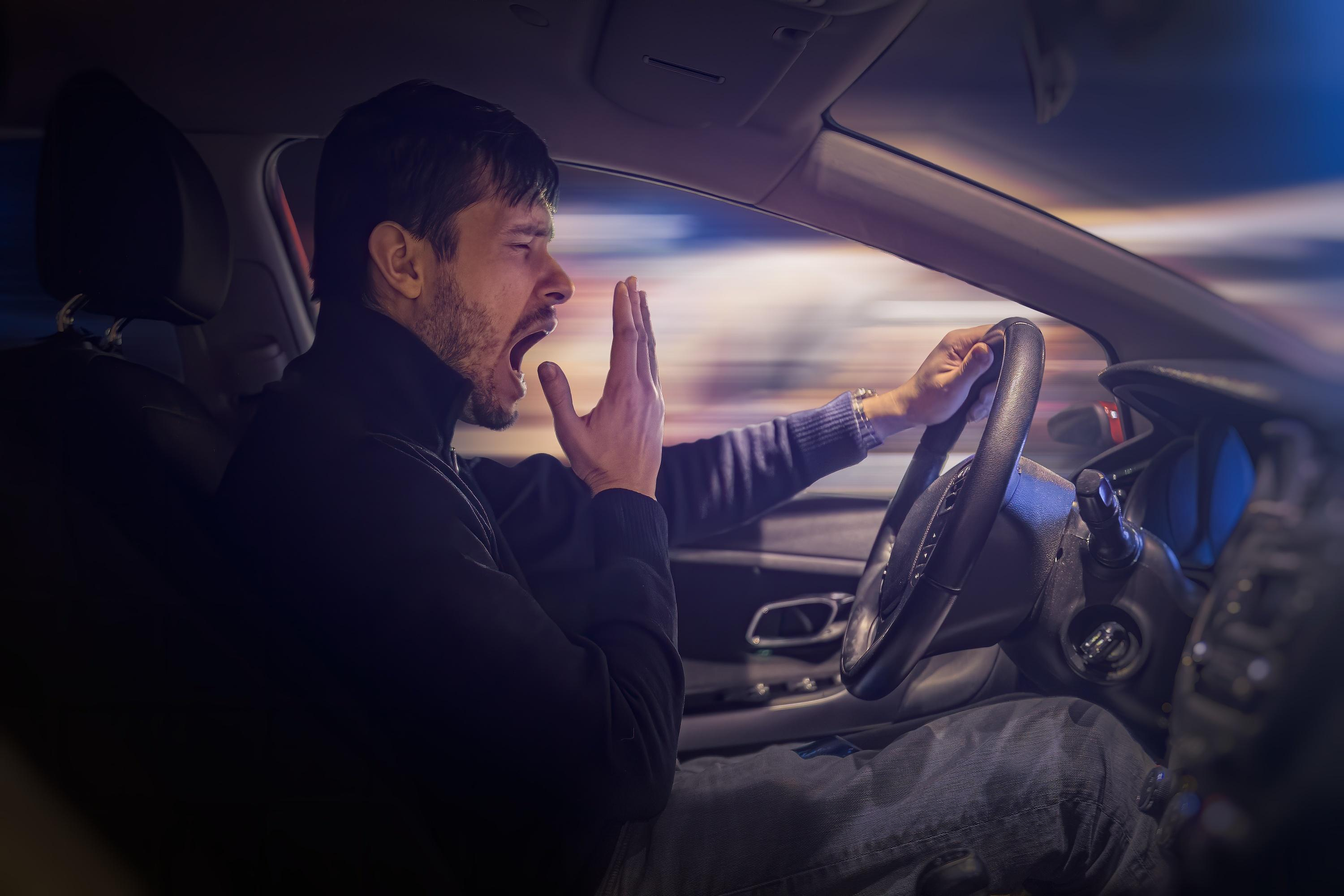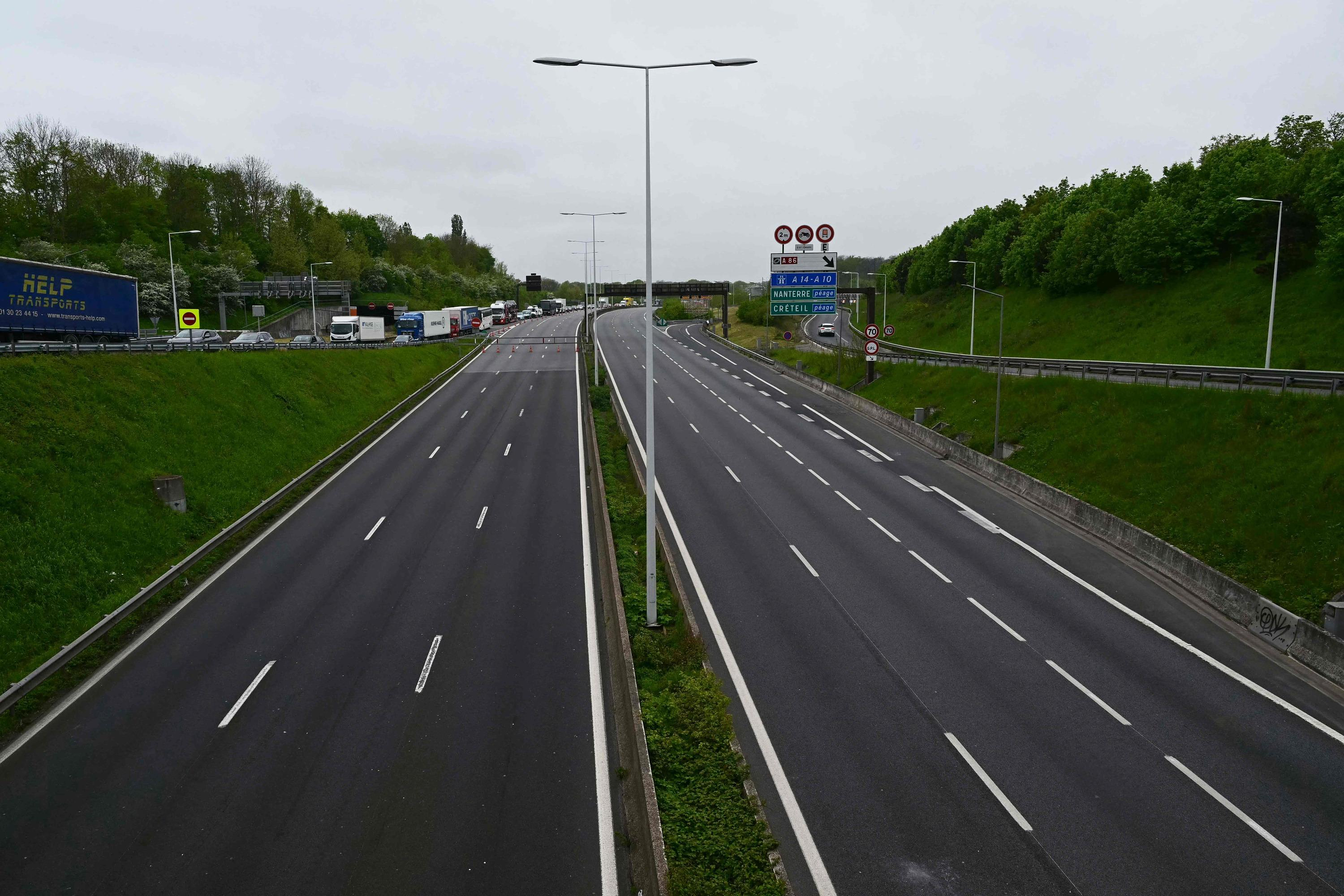Preventing sleep debt is an issue for road safety and certain risky professions. However, only 15% of the adult population achieves the recommendations of 7 to 9 hours of sleep at least five nights a week, reveals a study published in February in the journal Sleep Health. Hence the interest aroused by the recent work of Australian researchers: they have managed to identify molecules characteristic of a significant lack of sleep in the blood of the people concerned.
For this study published in Science Advances, 23 healthy young adults with a regular sleep schedule were involved. The volunteers gave of themselves: 40 hours of continuous wakefulness, followed by an 8-hour sleep phase. Every two hours during the waking phase, they had their blood taken. In these samples, the researchers were interested in blood metabolites, these molecules resulting from the activity of the body's cells whose concentrations are known to vary depending on the fatigue of the individual. Five molecules, including vanillin 4-sulfate and indole 3-propionate, were found to be 99.2% reliable in reporting 24-hour sleep deprivation.
Apart from blood metabolites, other physiological parameters can indicate a lack of sleep such as pupil stability, slow blinking of the eyes or even the presence of microsleeps. But “physiological methods only work up to a certain point,” explains Patrick Lévy, professor of pulmonology specializing in sleep apnea at Grenoble University Hospital. “The metabolites [studied by the Australian team] could clarify the diagnosis of sleep debt, particularly in people suffering from chronic sleep disorders, or in situations where alertness is critical.” These metabolites could, for example, be used to test people who take risky positions in a nuclear power plant, he imagines.
Also read: Insomnia: what are the alternatives to sleeping pills?
The road sector could also benefit from progress in this area. Drowsiness is one of the leading causes of fatal accidents among professional drivers on the highway, according to the National Road Safety Council. Indeed, “the consequences of sleep debt are multiple, the most visible are manifested on brain functioning with a reduction in cognitive abilities, attention and an increase in response time,” explains Professor Lévy. Studies reveal that driving after a sleepless night is equivalent to hitting the road with a blood alcohol level of 0.9 g/L, which is beyond legality. Professor Damien Léger, president of the scientific council of the national institute of sleep and vigilance, reports on the road safety site that "at the first signs of drowsiness, the driver must stop because the risks of having an accident in the following half hour are multiplied by 3 or 4”.
Also read: Can we really make up for a lack of sleep?
Although the prospects are interesting, the research remains preliminary and it is not tomorrow that we will be offered a molecular test for sleep debt in the breathalyzer style. “Given that it is blood, the test is not very usable in a road context,” explains Katerine Jeppe, who led the study. However, future work could examine whether our metabolites, and therefore biomarkers, are detectable in saliva or in exhaled air.

 B:SM will break its investment record this year with 62 million euros
B:SM will break its investment record this year with 62 million euros War in Ukraine: when kyiv attacks Russia with inflatable balloons loaded with explosives
War in Ukraine: when kyiv attacks Russia with inflatable balloons loaded with explosives United States: divided on the question of presidential immunity, the Supreme Court offers respite to Trump
United States: divided on the question of presidential immunity, the Supreme Court offers respite to Trump Maurizio Molinari: “the Scurati affair, a European injury”
Maurizio Molinari: “the Scurati affair, a European injury” Inflation rises to 3.3% in April and core inflation moderates to 2.9%
Inflation rises to 3.3% in April and core inflation moderates to 2.9% Pedro Sánchez announces that he continues "with more strength" as president of the Government
Pedro Sánchez announces that he continues "with more strength" as president of the Government Irritable bowel syndrome: the effectiveness of low-carbohydrate diets is confirmed
Irritable bowel syndrome: the effectiveness of low-carbohydrate diets is confirmed Beware of the three main sources of poisoning in children
Beware of the three main sources of poisoning in children Relief at Bercy: Moody’s does not sanction France
Relief at Bercy: Moody’s does not sanction France More than 10 million holders, 100 billion euros: the Retirement Savings Plan is a hit
More than 10 million holders, 100 billion euros: the Retirement Savings Plan is a hit Paris 2024 Olympic Games: the extension of line 14 will open “at the end of June”, confirms Valérie Pécresse
Paris 2024 Olympic Games: the extension of line 14 will open “at the end of June”, confirms Valérie Pécresse Failing ventilators: Philips to pay $1.1 billion after complaints in the United States
Failing ventilators: Philips to pay $1.1 billion after complaints in the United States The Cannes Film Festival welcomes Omar Sy, Eva Green and Kore-Eda to its jury
The Cannes Film Festival welcomes Omar Sy, Eva Green and Kore-Eda to its jury Prisoner in Israel, a Palestinian receives the International Prize for Arab Fiction
Prisoner in Israel, a Palestinian receives the International Prize for Arab Fiction Harvey Weinstein, the former American producer hospitalized in New York
Harvey Weinstein, the former American producer hospitalized in New York New success for Zendaya, tops the North American box office with Challengers
New success for Zendaya, tops the North American box office with Challengers Skoda Kodiaq 2024: a 'beast' plug-in hybrid SUV
Skoda Kodiaq 2024: a 'beast' plug-in hybrid SUV Tesla launches a new Model Y with 600 km of autonomy at a "more accessible price"
Tesla launches a new Model Y with 600 km of autonomy at a "more accessible price" The 10 best-selling cars in March 2024 in Spain: sales fall due to Easter
The 10 best-selling cars in March 2024 in Spain: sales fall due to Easter A private jet company buys more than 100 flying cars
A private jet company buys more than 100 flying cars This is how housing prices have changed in Spain in the last decade
This is how housing prices have changed in Spain in the last decade The home mortgage firm drops 10% in January and interest soars to 3.46%
The home mortgage firm drops 10% in January and interest soars to 3.46% The jewel of the Rocío de Nagüeles urbanization: a dream villa in Marbella
The jewel of the Rocío de Nagüeles urbanization: a dream villa in Marbella Rental prices grow by 7.3% in February: where does it go up and where does it go down?
Rental prices grow by 7.3% in February: where does it go up and where does it go down? Europeans: a senior official on the National Rally list
Europeans: a senior official on the National Rally list Blockade of Sciences Po: the right denounces a “drift”, the government charges the rebels
Blockade of Sciences Po: the right denounces a “drift”, the government charges the rebels Even on a mission for NATO, the Charles-de-Gaulle remains under French control, Lecornu responds to Mélenchon
Even on a mission for NATO, the Charles-de-Gaulle remains under French control, Lecornu responds to Mélenchon “Deadly Europe”, “economic decline”, immigration… What to remember from Emmanuel Macron’s speech at the Sorbonne
“Deadly Europe”, “economic decline”, immigration… What to remember from Emmanuel Macron’s speech at the Sorbonne These French cities that will boycott the World Cup in Qatar
These French cities that will boycott the World Cup in Qatar NBA: young Thunder coach Mark Daigneault named coach of the year
NBA: young Thunder coach Mark Daigneault named coach of the year Athletics: Noah Lyles in legs in Bermuda
Athletics: Noah Lyles in legs in Bermuda Serie A: Dumfries celebrates Inter Milan title with humiliating sign towards Hernandez
Serie A: Dumfries celebrates Inter Milan title with humiliating sign towards Hernandez Tennis: no pity for Sorribes, Swiatek is in the quarterfinals in Madrid
Tennis: no pity for Sorribes, Swiatek is in the quarterfinals in Madrid

















